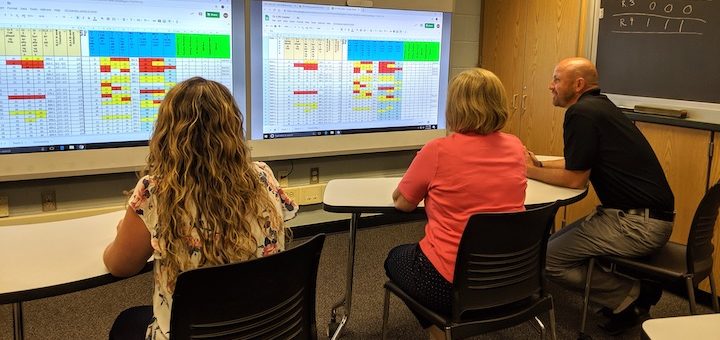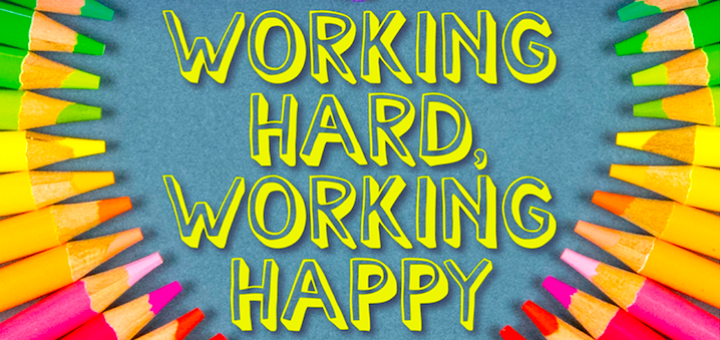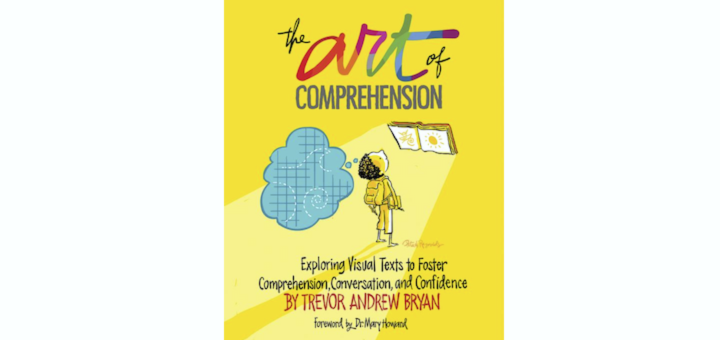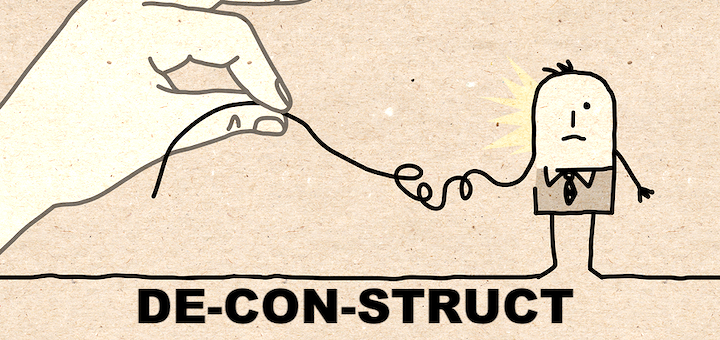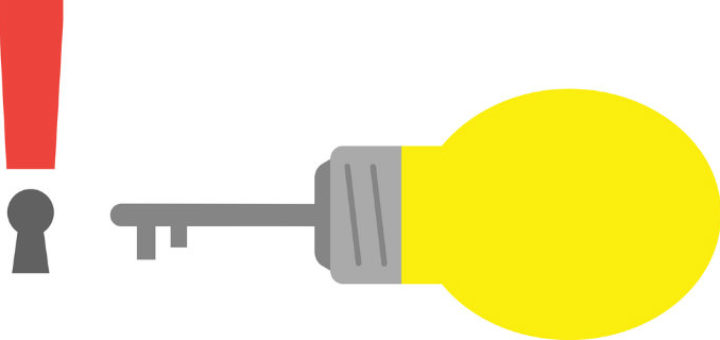Teaching and learning in grades 4-8
Browse our top 10 posts since January 1. Topics include fair grading, dyslexia, teaching ELLs academic vocabulary, connecting with students, teacher buy-in, and SEL for MS’ers. Plus, practical tips on quick-writes, class starters, and “helping students remember stuff.”
While the leaders of Algonquin Middle School do not claim to be “on the cutting edge of utilizing data in every aspect of our school’s program,” AMS teachers and staff are making headway with seven action steps that are benefiting students, says principal Rob Messia.
NBCT and new principal Rita Platt shares the five beliefs that make up her teaching philosophy and serve as the framework of her new book Working Hard, Working Happy. Learn what she “knows to be true about teaching and learning” and why you might want a credo of your own.
By blending social emotional learning into writing workshop, we can spark student confidence and commitment. Author and ELA educator Lynne Dorfman describes a class where students feel safe to express themselves, celebrate writing achievements, and self-identify as writers.
In “The Art of Comprehension: Exploring Visual Texts to Foster Comprehension, Conversation and Confidence” Trevor Andrew Bryan shows how to help readers learn more about visual texts through a series of frameworks. This strategy sets the stage for students to learn more about how to approach complex stories, fiction and non-fiction, writes sixth grade teacher Kevin Hodgson.
Students can follow the trek of early humans toward global expansion through inquiry-based lessons and use resources to hypothesize responses to organizing questions. Ancient History teacher Joanne Bell says the book’s connections approach “is a phenomenal find for me.”
Efforts to improve your school will only be successful with widespread support and ownership. This means involving all stakeholders: teachers, staff, families, and community voices. Leadership consultants Ron Williamson and Barbara Blackburn offer some helpful guidelines.
Want to help middle school students improve their reading skills? Mark Weakland suggests providing direct and explicit spelling instruction. Emphasizing syllables – roots and affixes – offers lots of building blocks for students. Weakland includes differentiation tips and activity ideas.
Teaching and instructional coaching weren’t all the prep DeAnna Miller needed when she signed on as a new middle school assistant principal last fall. A year later she looks back at the challenges she faced and the solutions she discovered as she preps for another year.
Teaching coach and NBCT Elizabeth Stein shows how to create a space that will keep co-teachers learning together throughout the rest of summer, concentrating on what we can do to refresh ourselves AND continue improving and learning in preparation for a productive fall.


